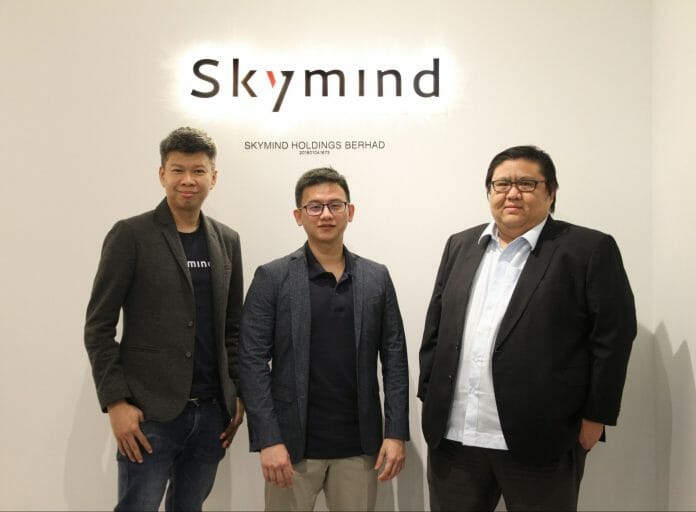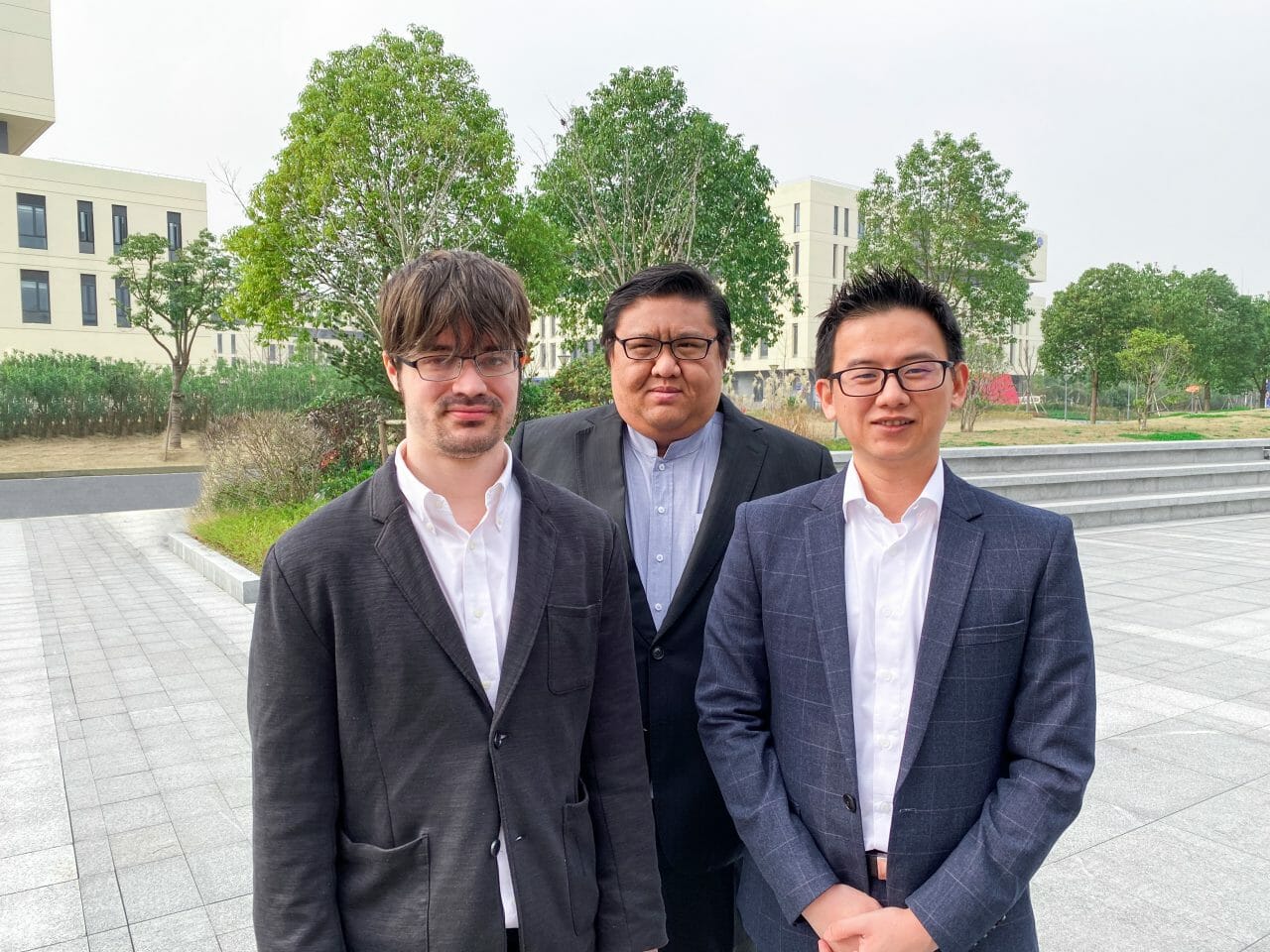McKinsey estimates that the world’s top 100 cities will account for 35 percent of global GDP growth between now and 2025 as the global population continues to migrate to urban living, with 68% estimated to be residing in cities by 2050. As urbanisation increases, cities and suburbs will undergo significant transformations to create sustainable living conditions for their residents. In order to be competitive and productive, cities must be smart and automated.
The key technologies powering Industry 4.0 (4IR) will create cities made ‘intelligent’ by integrating new innovations and technology-related ideas to power more robust infrastructures and elevate public services to new levels. “In Malaysia, the term ‘smart cities’ is over-hyped and too vague. Buzzwords such as smart cities, future cities and so on come and go: what is truly important currently is to define the pathways to generate impactful values for a city made ‘fit to prosper intelligently’ into the digital era,” says Shawn Tan, Chief Executive Officer and founder of Skymind.
“In my view, a truly smart nation would consist of cities that leverage on the latest technologies to address urban challenges while enhancing the quality of daily life of its inhabitants. These improvements would embrace transportation, accessibility, and social services as well as facilitate better citizen engagement and promote sustainability,” Shawn added.
“We create value for cities development, and we have successfully done so for a city in Fujian province in China. It’s called the Digital Fujian (Changle) Industrial Park. It is a fully functional AI City that is able to generate considerable economic impact for China. That is our vision when we build an AI-city in Malaysia,” says Eow Wan Lin, Managing Director of Skymind Future Cities.
“We were able to turn the city into a high economy city inhabited by high income talents and their families. As a result, the talent we generated were able to afford to contribute to higher gross development value (GDV). The value of the land in the city increased by 300% over a three-year period,” says Wan Lin.
Skymind hopes to do the same here in Malaysia. Currently, more than 350 of Fortune 500 companies use Skymind technologies. “To help achieve this vision, partnerships are proving to be absolutely essential to enable countries to transform themselves into a ‘Smart Nation’,” Shawn added. The concept of smart cities is not novel in Malaysia. Shawn describes most of what has been done in the country thus far as “half-baked” and “over exaggerated”.
“The technologies needed to create smart cities to improve daily activities are largely inaccessible due to high cost. That is the reason why it’s implemented in developed countries – the technology is mostly owned, deployed and operated by foreign companies,” says Shawn.
“New technologies can improve the functionality of existing infrastructures, and significantly improve future approaches to sustainable planning and design. The ability to focus on efficiency and sustainability relies largely on Artificial Intelligence (AI) as the core.
To actualise ‘Smart Nations’, we also need to develop a true value generating trajectory.” Buoyed by Skymind’s passionate belief that ‘technological sovereignty’ digitally transforms both urban living and a country as a whole, the company is embarking on a global growth journey fuelled by public and private industry partnerships.
“As an organisation’s most valuable asset in today’s Digital Economy is data, a key component of our partnership approach is to ensure that ownership – or ‘technological sovereignty’ – which includes driving the strategy and tools of the digital transformation journey – coupled with data – always remains securely in the hands of the owners,” Shawn explains.
This key differentiator has enhanced the company’s successful commitment towards building a more intelligent world with full sovereignty over innovations. Skymind has been open sourcing core AI technologies to the world since 2014. It continues to provide support, access and development tools to anyone interested to develop and create AI powered solutions that will benefit everyone. According to Skymind, the country is still very much in the infancy stage of digital development.
High costs and lack of innovation sovereignty are among the main reasons coupled with the fact that Malaysia has yet to collect any “useful” or “impactful” data required for AI analytics – due to insufficient understanding of AI analytics practices. Sending data to AI applications hosted mostly overseas on the cloud could potentially create a security breach and violate Malaysia’s Personal Data Protection Act (PDPA).
Skymind plans to solve this issue by deploying servers locally, enabling Malaysian organisations to retain full control over AI data processing by developing full stack AI applications within the country. However, to achieve this, Skymind’s priority is to train the right talent for it.
Global Presence, Local Expertise
Skymind has established offices across 13 countries and planned to expand its footprint to another six countries in 2020. This expansion has been put on hold due to the current pandemic, and the two Malaysian co-founders have focused on developing Skymind’s businesses in their own country this year. Even before pandemic-related lockdowns had imposed travel restraints, Shawn and Shu Wei had initiated AI development in Southeast Asia with Malaysia as a major talent hub.
Developing AI Practitioners
As Malaysia is in the infancy stage of AI adoption, Skymind has been prioritising talent development in the country. “We have trained quite a number of trainers in association with MARA, USM and several training providers,” says Shawn. Skymind has hired and trained more than 60 engineers over three months and is aiming to hire another 500 by the end of 2021.
“There is a huge gap when it comes to AI talent. There isn’t enough and even if there are, they are not quite ready. But they can be upskilled into full-blown AI practitioners with Skymind’s talent development programme,” says Shawn. “The gap is mainly on the skills. While the willingness and passion is there, there are no right opportunities to practice their skills here in Malaysia,” says Skymind Chief Operating Officer and Co-founder, Goh Shu Wei.
He added that Skymind incorporates theoretical and practical methods when it comes to training students. Skymind gives local talents access to global experts and projects. “We are passionate to unlock and develop Malaysia’s AI talent as this could play a pivotal role in placing the country on firmer grounds in the global innovation arena,” he adds.
Being the future
Wan Lin says Skymind is currently working with top names in the country to build Skymind powered cities across Malaysia with the vision to create the world’s largest innovation corridor that actually generates impactful values for the country. “What we are doing is bringing components that we have built globally over to Malaysia and eventually to the region, localising the innovation to better suit the regional ecosystem,” Wan Lin shares.
Skymind is also finalising the partnership with Malaysia’s national telco developer to deploy the country’s very own AI infrastructure to power the nation’s digital transformation and adoption. Next, Skymind will always be looking at championing the goal of developing innovations that could boost the economic and living standards of a country.
Skymind Future Cities Sdn Bhd, the smart city arm of Skymind is on a mission to bring partners together to build an ecosystem to realise the true value proposition of smart cities. Skymind believes innovation is the key in producing truly sustainable cities that can generate impactful values.










